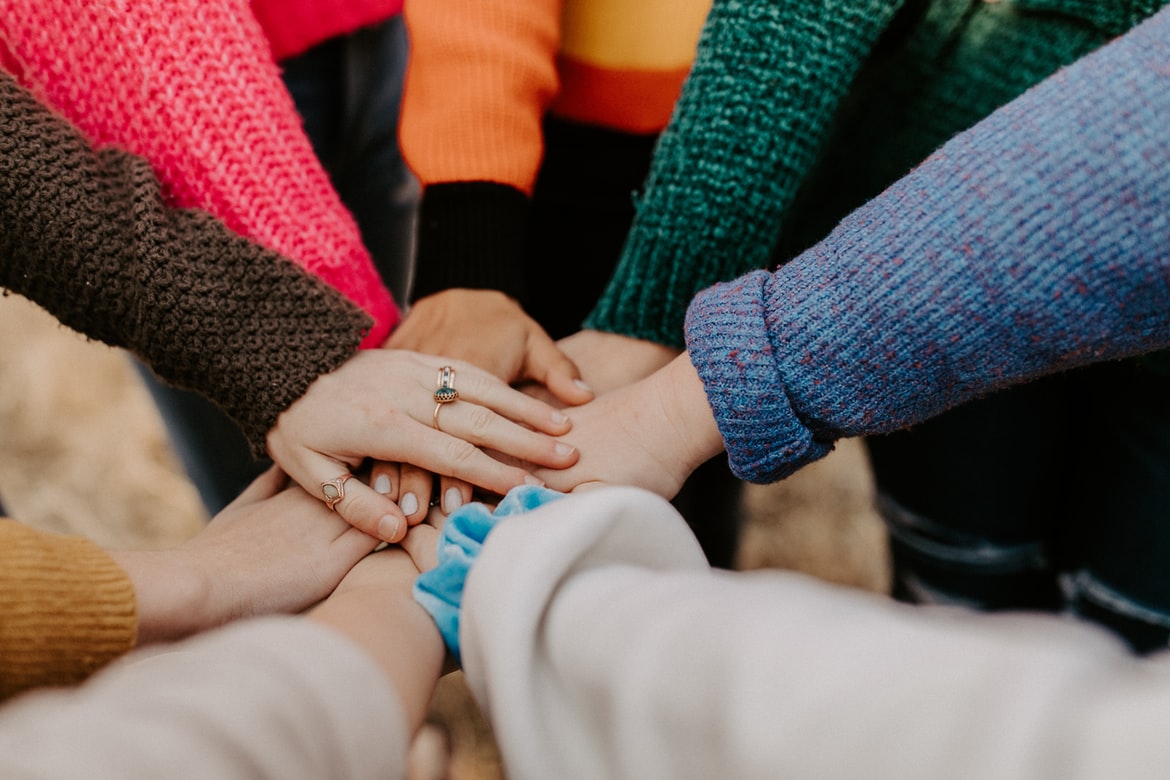Peer-to-peer work in the development of ibogaine as a therapeutic tool in addictions
Authors:
Benjamin De Loenen, Pep Cura, José Carlos Bouso, and Òscar Parés.
Book:
Apuntes para la promoción de intervenciones con pares
Year:
2013
About the study
The book Apuntes para la promoción de intervenciones con pares: reducción de daños y riesgos relacionados con el uso de drogas is part of the work carried out at the Mental Health Care and Addictions Service of the Sant Joan de Reus University Hospital to provide tailored responses to issues related to the use and abuse of psychoactive substances in outpatient and community settings.
In central West Africa grows a plant called Tabernanthe iboga, whose root bark has played a fundamental role in the rites of passage of adolescents or in healing ceremonies for men and women, but which has been used in the Western world mainly for the treatment of addictions and drug addictions. This tool requires a multidisciplinary therapeutic context, physical and psychological pre-selection of patients, adequate preparation, professional administration and essential integration and follow-up in the process.
Drug users have played an important role in generating a theoretical and practical body of experience and knowledge, thus framing themselves within the philosophy of peer-to-peer work, which has favored the inclusion of traditional therapeutic practices in modern medical practices.
Excerpt
“The human being is a social animal. Traditionally, the healing of people took place within the community, where the whole community took an active part in the common welfare, which is, in the end, both a consequence and a cause of individual welfare. Nowadays, medicine, in all its aspects, is a private practice carried out between two strangers (doctor-patient) in an isolated space (the doctor’s or psychotherapeutic office) where what is exchanged is knowledge for money. Something that goes against human biology as a species where traditionally healing was done in group rituals in which people sang, danced, took ethnobotanical substances and the community as a whole was the agent and consequence of common and individual wellbeing. In ayahuasca or iboga rituals the initiates meet with peers who have the same motivations as them, the same cosmovisions, the same problems and who mutually recognize each other looking for new solutions based on the power of the group and mutual support.”
Photo by Hannah Busing on Unsplash.
Categories:
Studies & papers
, Iboga and ibogaine
, Others
Tags:
ibogaine
, scientific research
, study
, Tabernanthe iboga
, community
, drug dependence
, addiction treatment
, substance use disorders
, book chapter
, peer-to-peer

